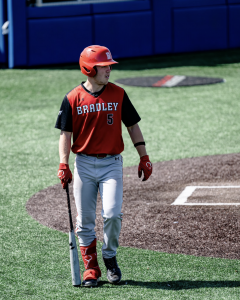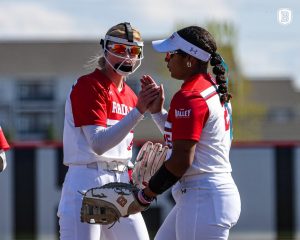Jeffery Loria, owner of the Miami Marlins, has brought two World Series championships to Florida since 1997.
Within that timeframe, the Marlins have won just as many titles as two of baseball’s most storied franchises, the St. Louis Cardinals and Boston Red Sox.
Two championships in 15 years cannot be ignored for any team in any sport.
Where the Marlins differ is its owner’s callous indifference to the fan-base. Something he has displayed on three occasions through fire sales of the roster, ensuring periods of uncompetitive and nearly unwatchable teams.
The state of Florida is often criticized for its apathy towards baseball; and the argument has some merit.
Even after the Tampa Bay Rays made the World Series in 2008 and continued to be competitive, the team has ranked near or at the bottom of the league in attendance each season.
In fact, even in 2008 the highest either team in Florida ranked in league attendance was 26th.
While it could be argued that the Marlins face a similar problem, there is a difference between the Rays’ situation and the Marlins.
The Rays organization has built sustainable success through the farm system, letting players go when need be, and signing key free agents when necessary. This has translated to a combined record of 458-352 since 2008.
Meanwhile, the Marlins have no foundation to build off of for the future.
Through the first 11 games of the Marlins’ 1998 season, the team was 1-10, and by May of that season, the team had completed one of the biggest fire sales in history, including giving up five players for Mike Piazza, and then trading Piazza less than two weeks later.
Between 1998 and 2002, the Marlins never won more than 79 games. Thankfully for Loria, another out of nowhere championship run came in 2003 with young stars such as Miguel Cabrera and Josh Beckett.
Of course, in the offseason the Marlins traded Derek Lee to the Cubs in a cost cutting move, and finished in third place in 2004 despite making a huge trade with the Dodgers that netted Carl Pavano among others, who pitched his best personal season for the Marlins.
In 2005, Dontrelle Willis emerged but for a second straight season, Marlins fans got less than the expected playoff contender.
Following that disappointment, as if the following fire sale was not one, the team traded away players such as Josh Beckett, Mike Lowell, Carlos Delgado and Juan Pierre.
Loria is not the first owner to dump his players to save money and he will not be the last.
But 2012 was supposed to be different. Loria finally received his new ballpark –which was paid for in part by taxpayer money – a new television deal that promised to rack in money, and a team that added solid veterans who would contribute sustained success.
Mark Buehrle, and Carlos Zambrano would help stabilize the rotation, Ozzie Guillen would bring a louder more energetic voice to the team and Jose Reyes, one of the better shortstops in baseball, would solidify a lineup that was ready to contend.
By April, Ozzie Guillen had announced his adoration for Fidel Castro.
By July, despite having been in contention for a short time in May, the team had traded Hanley Ramirez and Anibal Sanchez.
Once August hit the team never got above fourth place in the division, at the end of the year Guillen was fired, and on Nov. 20th, Loria went back on everything he had promised Miami’s fans and traded Buehrle, Reyes, Josh Johnson, John Buck and Emilio Bonificio for, as one could guess, mostly minor league players as the team gears up for another rebuilding process.
Florida may have an apathetic fan base, but if that is going to change, give them a reason to care for more than two months.
David Israel is a senior sports communication major from Skokie. He is the Scout sports reporter.
Direct comments, questions and other responses to disrael@mail.bradley.edu.




